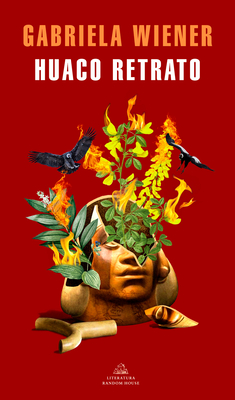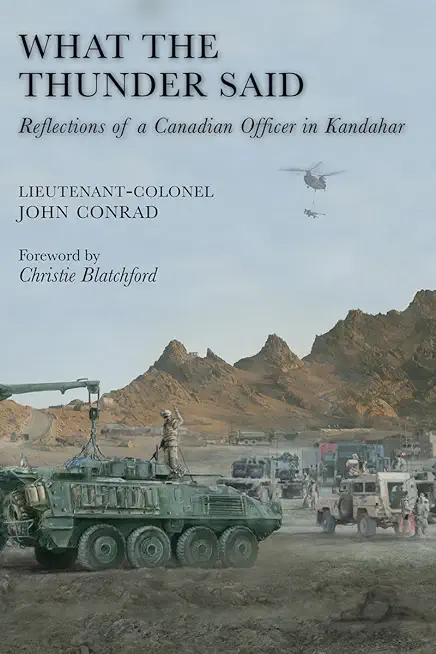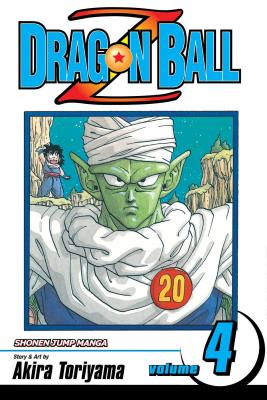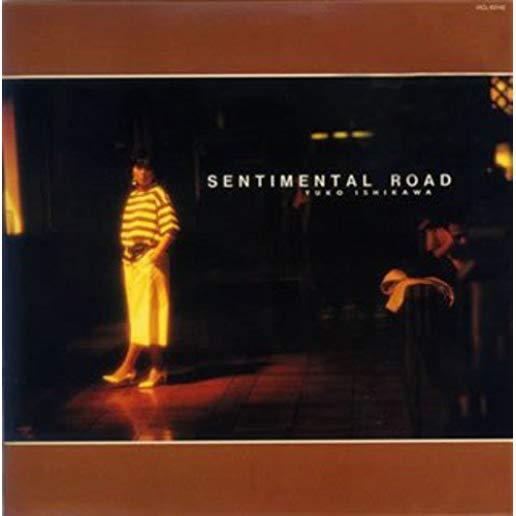
description
smas de su herencia marcan el retorno de Wiener con esta exploración memorable sobre el amor, el deseo, los celos y el racismo. Un huaco retrato es una pieza de cerámica prehispánica que buscaba representar los rostros indÃgenas con la mayor precisión posible. Se dice que capturaba el alma de las personas, un registro que ha sobrevivido oculto en el espejo roto de los siglos. Estamos en 1878, y el explorador judÃo-austriaco Charles Wiener se prepara para ser reconocido por la comunidad académica en la Exposición Universal de ParÃs, una gran feria de "progresos tecnológicos" que cuenta entre sus atracciones con un zoo humano, culmen del racismo cientÃfico y del proyecto imperialista europeo. Wiener ha estado cerca de descubrir Machu Picchu, ha escrito un libro sobre el Perú, se ha llevado cerca de cuatro mil huacos y también un niño. Ciento cincuenta años después, la protagonista de esta historia recorre el museo que acoge la colección Wiener para reconocerse en los rostros de los huacos que su tatarabuelo expolió. Sin más equipaje que la pérdida ni otro mapa que sus heridas abiertas, las Ãntimas y las históricas, persigue las huellas del patriarca familiar y las de la bastardÃa de su propia estirpe -que es la de muchos-, la búsqueda identitaria de nuestro tiempo: un archipiélago de abandonos, celos, culpas, racismo, vestigios fantasmales ocultos en las familias y la deconstrucción de un deseo tercamente anclado en un pensamiento colonial. Hay temblor y resistencia en estas páginas escritas con el aliento de quien recoge los pedazos de algo que se rompió hace tiempo, esperando que todo vuelva a encajar. ENGLISH DESCRIPTION "With tremendous intellect and her irreverent wit, Wiener rescues an intimate story from the family archive, a story that is also the infamous history of our continent. Her prose, sober and forward, is a breath of fresh air; her view allows us to be testimonies of Latin America's cycles of plundering and looting."--Valeria Luiselli, author of The Lost Children Archive and Tell Me How It Ends An award-winning Peruvian journalist and writer delivers her stunning English breakthrough, blending fact and fiction in an autobiographical novel that faces the legacy of colonialism through one woman's family ties to both the colonized and colonizer. The death of her father and the ghosts of her inheritance mark Wiener's return with this memorable exploration of love, desire, jealousy, and racism.
A huaco portrait is a pre-Hispanic ceramic piece that sought to represent indigenous faces with the greatest possible precision. It is said that it captured the soul of the person, a record that has survived hidden in the broken mirror of the centuries. We are in 1878, and the Jewish-Austrian explorer Charles Wiener is preparing to be recognized by the academic community at the Universal Exhibition in Paris, a great fair of "technological progress" that has among its attractions a human zoo, the culmination of scientific racism and the European imperialist project. Wiener has been close to discovering Machu Picchu, he has written a book about Peru, he has taken close to four thousand huacos and also a child. One hundred and fifty years later, the protagonist of this story walks through the museum that houses the Wiener collection to recognize herself in the faces of the huacos that her great-great-grandfather plundered. With no more baggage than her loss or any map other than that of her open wounds, the intimate and the historical ones, she pursues the traces of the family patriarch and those of the bastardy of his own lineage -which is that of many-, the search for identity in our time: an archipelago of abandonment, jealousy, guilt, racism, ghostly vestiges hidden in families and the deconstruction of a desire stubbornly anchored in a colonial thought. There is trembling and resistance in these pages written with the breath of someone who picks up the pieces of something that was broken long ago, hoping that everything will fit together again.
A huaco portrait is a pre-Hispanic ceramic piece that sought to represent indigenous faces with the greatest possible precision. It is said that it captured the soul of the person, a record that has survived hidden in the broken mirror of the centuries. We are in 1878, and the Jewish-Austrian explorer Charles Wiener is preparing to be recognized by the academic community at the Universal Exhibition in Paris, a great fair of "technological progress" that has among its attractions a human zoo, the culmination of scientific racism and the European imperialist project. Wiener has been close to discovering Machu Picchu, he has written a book about Peru, he has taken close to four thousand huacos and also a child. One hundred and fifty years later, the protagonist of this story walks through the museum that houses the Wiener collection to recognize herself in the faces of the huacos that her great-great-grandfather plundered. With no more baggage than her loss or any map other than that of her open wounds, the intimate and the historical ones, she pursues the traces of the family patriarch and those of the bastardy of his own lineage -which is that of many-, the search for identity in our time: an archipelago of abandonment, jealousy, guilt, racism, ghostly vestiges hidden in families and the deconstruction of a desire stubbornly anchored in a colonial thought. There is trembling and resistance in these pages written with the breath of someone who picks up the pieces of something that was broken long ago, hoping that everything will fit together again.
member goods
No member items were found under this heading.
Return Policy
All sales are final
Shipping
No special shipping considerations available.
Shipping fees determined at checkout.







